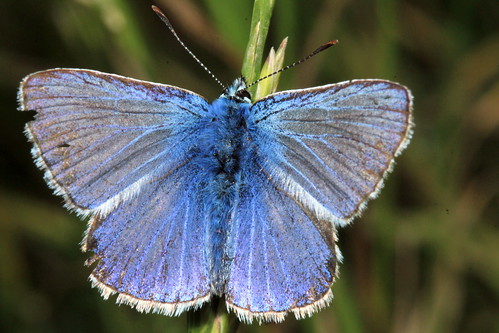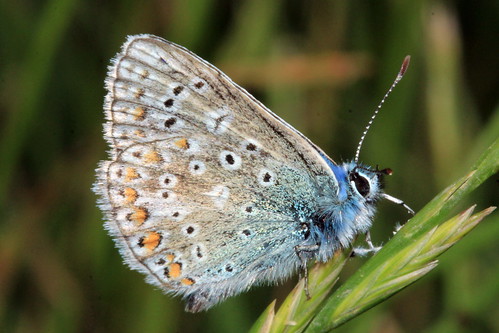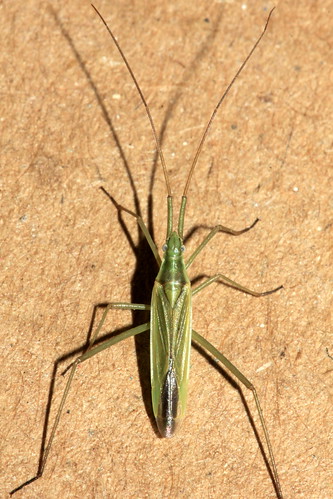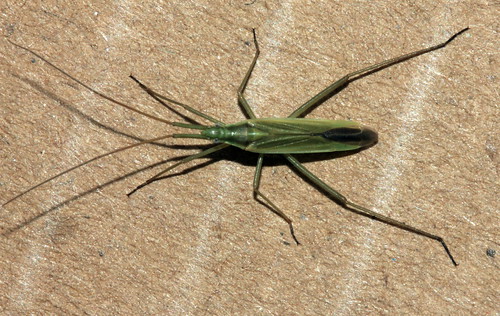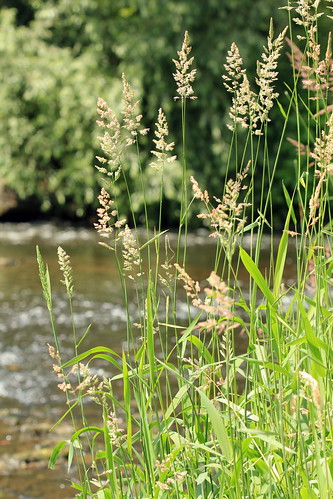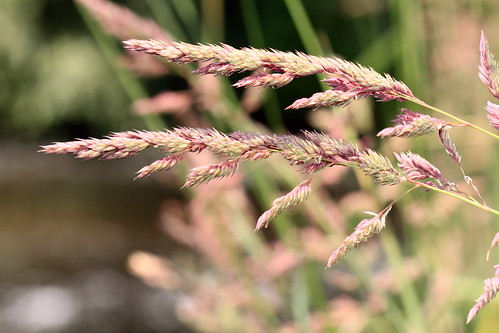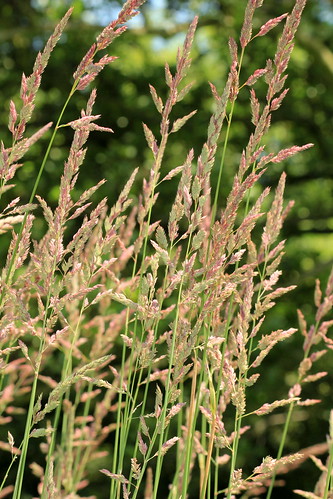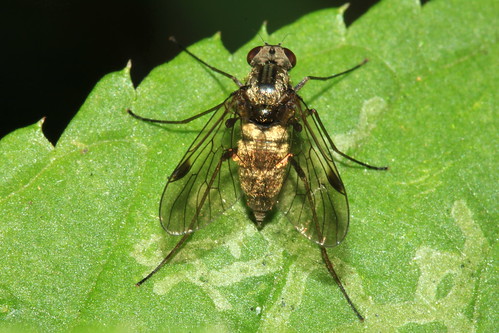The Natural History of Cromwell Bottom LNR All Records or Data Sets (C) 2009 - 2018 All Rights Reserved
Cromwell Bottom

Guide To Cromwell LNR
NEWS - MEETINGS - EVENTS
April 2015 Updated Link on The future of Cromwell Bottom Sign our PETITION (click) to help Cromwell Bottom
WILDLIFE SITING /IDENTIFICATION Send Details or Pictures of finds for identification click to email RECORDS. Please Note ALL lists and Biological Records are Copyright Protected (C) Colin Duke 1998 - 2018 on behalf of the Freshwater Environment Ecology Trust . they should NOT be used or reproduced without permission
Tuesday, 8 July 2014
Monday, 7 July 2014
Grass Mirid Megaloceroea recticornis
Grass Mirid Megaloceroea recticornis
Megaloceroea recticornis Family: Miridae
Adult: mainly June-September
Length 8-10 mm
An elongate grass bug with a longitudinal furrow between the eyes, this species is distinguished by the extremely long antennae (the 1st segment alone is almost as long as the head and pronotum combined) and very long, slender hind legs. The tarsi are all dark. Unlike Notostira elongata, the tibiae and 1st antennal segments are covered with short spinose hairs.
While the body colour of adults varies from straw-yellow to green, the nymphs are green with two brown bands on the thorax.
A widespread and common species of grasslands, uncut meadows and woodland borders.
Cf Notostira elongata
National Distribution Please Allow Time to Load
.
VC 63 Distribution Please Allow Time to Load
Life in The Long Grass Reed Canary-Grass Phalaris arundinacea
Reed Canary-Grass Phalaris arundinacea
Along the River plain of the Calder Below the weir on benath both entrances to the reserve after crossing the Bridge
Saturday, 5 July 2014
Black Snipefly Chrysopilus cristatus
Black Snipefly Chrysopilus cristatus
Description
This is a snipe fly with a dark 'shade' on the outside of each wing. The female is plumper than the male and has a creamy hairy abdomen. The slimmer males have a hairy brown abdomen, but in both sexes the abdomen hairs can be worn off with age. The tail end of the abdomen is quite pointed and tends to curve underneath the body.
Habitat
Found in damp shady places, often near woodland or pondsp- Tag Canal Wooded area
When to see it
Peak from May to July.
LifeCycle
It is carnivorous, catching other small creatures that pass its perching spot. The larvae live in leaf mould and are also carnivorous.
National Distribution Please Allow Time to Load
.
VC 63 Distribution Please Allow Time to Load
Subscribe to:
Posts
(
Atom
)
